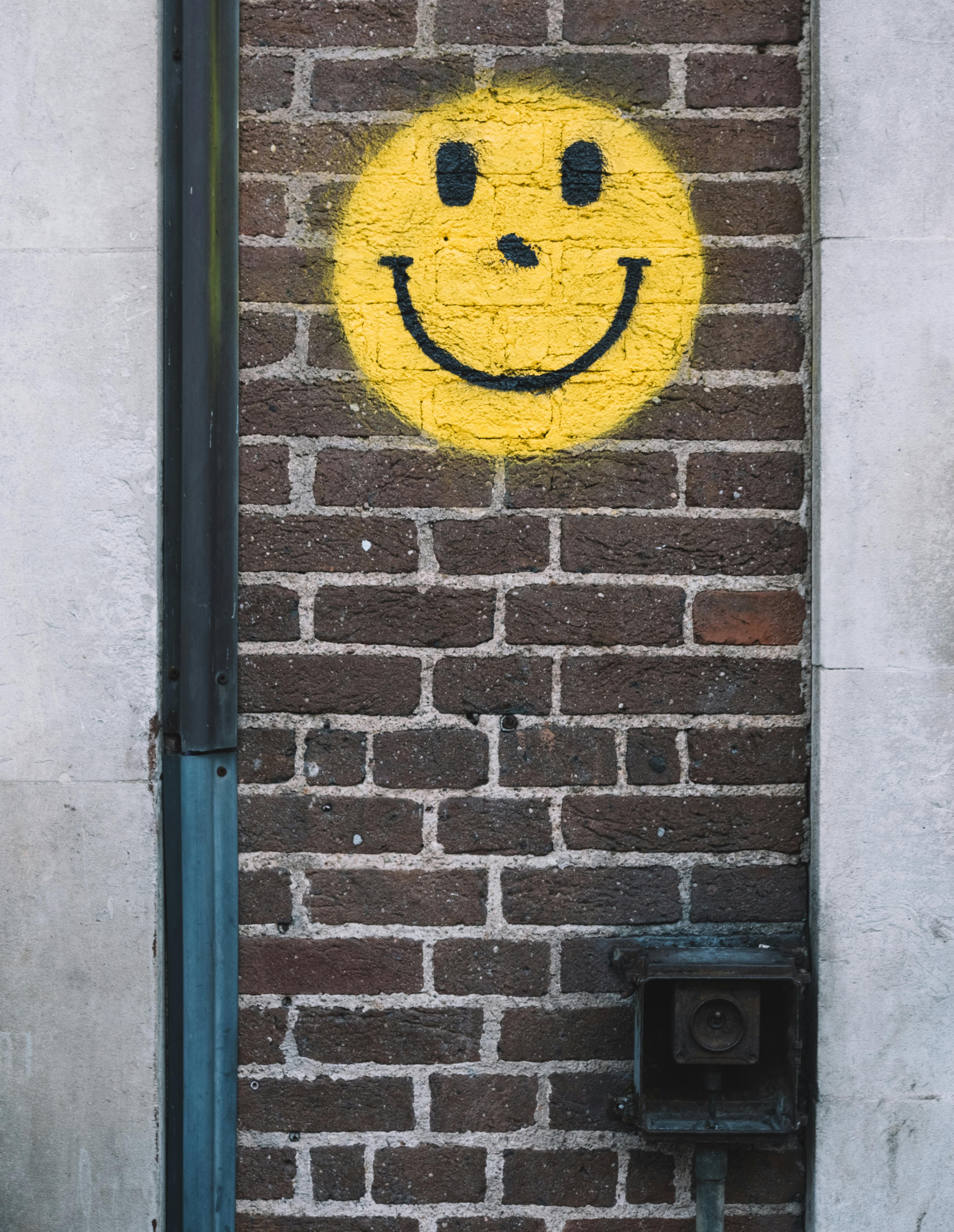
Blockchain for Anti-Counterfeiting: Revolutionizing Product Authentication and Supply Chain Integrity
Blockchain for Anti-Counterfeiting: A Comprehensive Technical and Legal Analysis
The Global Counterfeiting Challenge
Counterfeiting represents a massive global economic threat, with the International Chamber of Commerce estimating that fake products cost the global economy nearly $2.2 trillion annually. Blockchain technology emerges as a transformative solution, offering unprecedented product authentication and supply chain transparency across multiple industries.
Technical Architecture of Blockchain Anti-Counterfeiting Solutions
Blockchain's decentralized and immutable ledger provides a robust framework for tracking product provenance. By creating cryptographically sealed digital certificates for each product, manufacturers can establish an unalterable record of authenticity. Each transaction and movement of a product can be recorded as a unique, verifiable transaction, making unauthorized replication or tampering exponentially more difficult.
Leading Blockchain Anti-Counterfeiting Protocols
1. VeChain (VET)
A pioneering blockchain platform specializing in supply chain management and product verification. VeChain enables enterprises to track products from manufacturing through distribution, utilizing IoT sensors and blockchain technology to ensure authenticity.
2. WaltonChain
Integrates RFID technology with blockchain, creating a comprehensive tracking system for manufacturing and logistics. Their unique approach allows real-time product authentication and transparent inventory management.
3. Ambrosus
Focused on food and pharmaceutical industries, Ambrosus provides end-to-end quality assurance through blockchain-enabled tracking and verification mechanisms.
Jurisdictional Considerations for Blockchain Authentication
United States Regulatory Landscape
The U.S. approaches blockchain anti-counterfeiting through a combination of intellectual property law and emerging digital authentication standards. The Securities and Exchange Commission (SEC) and the Uniform Commercial Code provide frameworks for recognizing blockchain-based authentication.
European Union Digital Authentication Standards
The EU's comprehensive regulatory approach emphasizes digital signatures and advanced authentication technologies, creating a supportive environment for blockchain-based anti-counterfeiting solutions.
Market Analysis and Future Projections
| Year | Estimated Global Anti-Counterfeiting Market Size | CAGR |
|---|---|---|
| 2023 | $36.5 Billion | 12.3% |
| 2028 | $74.2 Billion | Projected |
Source: Market Research Future Report, 2023
Technical Implementation Strategies
Successful blockchain anti-counterfeiting implementations require a multi-layered approach:
- Cryptographic Product Identification
- IoT Integration
- Smart Contract Verification
- Real-time Tracking Mechanisms
Industry-Specific Applications
Luxury Goods
High-end fashion and jewelry brands are leveraging blockchain to authenticate exclusive products, providing consumers with verifiable ownership records.
Pharmaceutical Sector
Critical for tracking medication provenance, preventing dangerous counterfeit drugs from entering medical supply chains.
Automotive Components
Ensuring genuine replacement parts and preventing potentially dangerous fake automotive components from reaching consumers.
RWA.codes: Your Blockchain Authentication Partner
At RWA.codes, we specialize in developing comprehensive blockchain authentication solutions tailored to your specific industry requirements. Our expertise spans:
- Custom blockchain protocol development
- Smart contract engineering
- Supply chain digitization
- Regulatory compliance consulting
- Advanced cryptographic authentication systems
Our multidisciplinary team combines deep technical knowledge with legal expertise across international jurisdictions, ensuring robust and compliant blockchain implementations.
Contact RWA.codes to explore how blockchain can revolutionize your product authentication strategy.